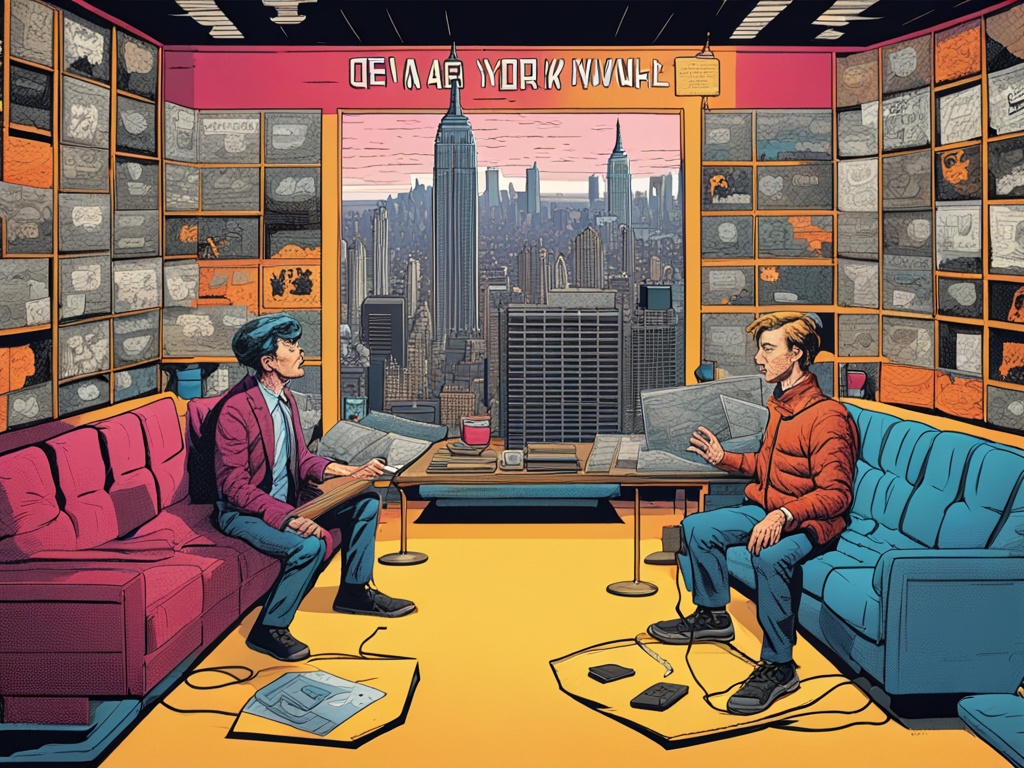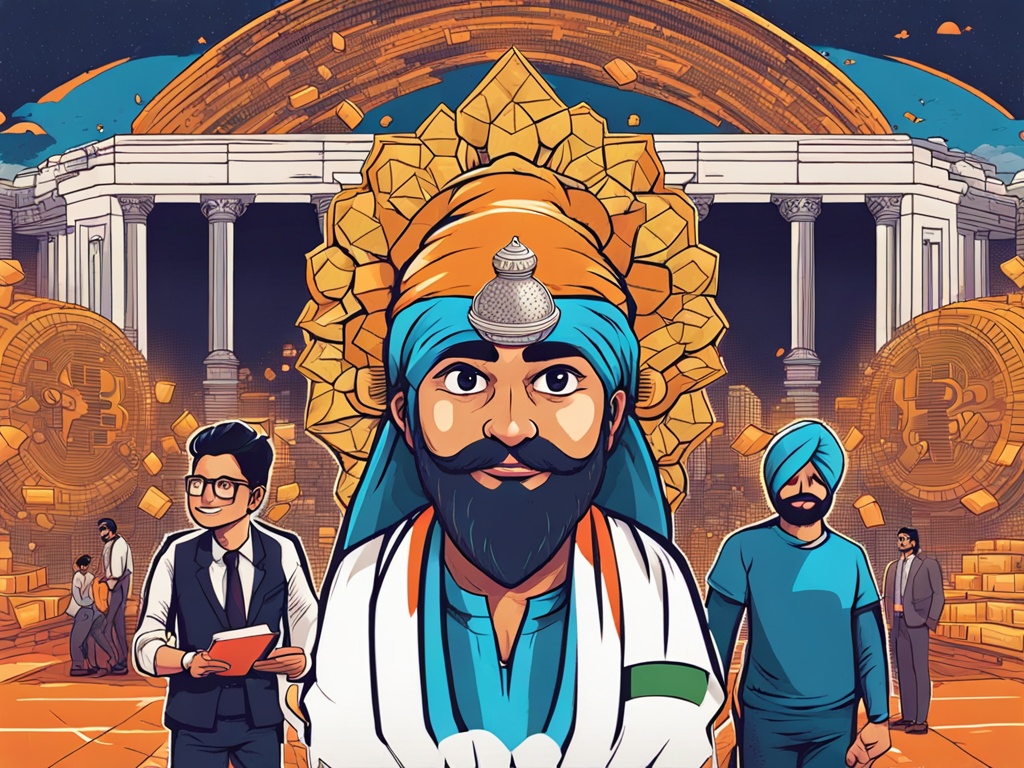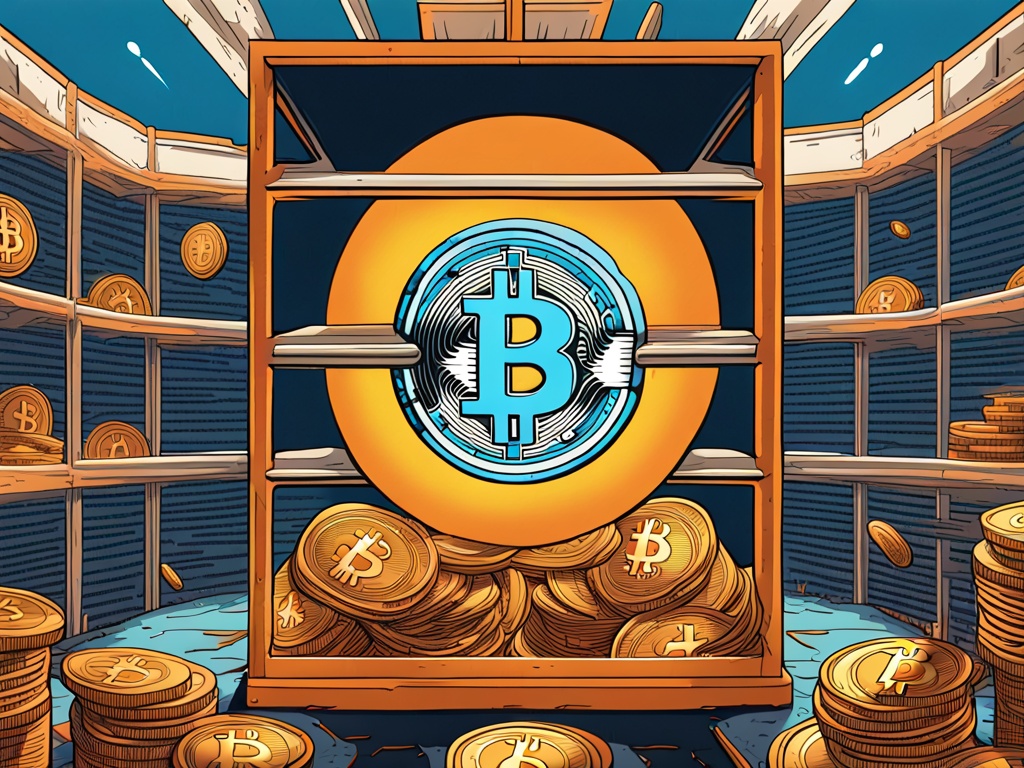Insights on the OpenAI and New York Times Legal Clash 🤖📰
The ongoing legal confrontation between OpenAI and the New York Times has escalated, drawing significant attention from the creative and technology sectors. At the heart of this conflict is a dispute over the utilization of copyrighted material for training AI models. Here’s an overview of the key developments surrounding this year’s unfolding drama.
Conflict Established Over AI Training Practices ⚖️
This year, a notable legal conflict emerged as the New York Times filed a lawsuit against OpenAI, contending that their content had been used extensively for training their AI systems, including ChatGPT, without receiving appropriate permission or compensation. The case is now seen as a pivotal point in the ongoing discussions about the ethical use of published material by AI entities.
During a recent event in New York City hosted by journalist Andrew Ross Sorkin, OpenAI CEO Sam Altman articulated his stance regarding the lawsuit. He noted, “I don’t believe in showing up in someone else’s house as a guest and being rude,” indicating his belief that the New York Times is misaligned in their approach to the matter.
Legal Grounds and Perspectives from Both Sides 📜
The claims put forth by the New York Times are rooted in the assertion that their rights as creators have been disregarded. Ian Crosby, the lead attorney for the newspaper, emphasized the necessity for copyright laws, which protect the financial interests of creators. He stated, “There’s a way to build new technologies that complies with the law and the rights of copyright holders.”
Central to the lawsuit is the method by which OpenAI’s language models are developed. These advanced systems rely on vast datasets, which include a variety of online content, books, and articles, to learn and generate language. The Times claims that OpenAI gave specific prominence to their articles during the training phase of building their models.
OpenAI’s Rebuttal and Claims of Manipulation 🔄
In response to the accusations, OpenAI rebuffed the assertions made by the newspaper. They argued that the New York Times had manipulated prompts specifically to elicit responses that could be interpreted as supporting their case against OpenAI. The company pointed out that such targeted commands are not representative of standard interactions with their AI models unless explicitly directed.
OpenAI’s argument centers around the notion that their process should not be construed as infringing on copyright protections provided that they do not replicate or store specific articles. They contend that the creative process of AI does not mirror traditional usage patterns typical of humans.
Wider Implications in the Creative Community 🎨
The legal struggle has attracted the attention of numerous authors and creators apprehensive about the use of their work by AI without consent. High-profile lawsuits have also surfaced from various renowned personalities, such as bestselling author John Grisham and comedian Sarah Silverman, further emphasizing concerns related to copyright infringement in relation to artificial intelligence.
Recently, legal proceedings suggested that OpenAI may need to disclose internal communications involving their team members. A decision by a federal judge indicated the requirement for OpenAI to share texts and messages sent through platforms like Twitter that were related to their work functions.
Potential Path Forward with Compensation Models 💡
During his appearance at the event, Altman proposed innovative solutions aimed at addressing the issues associated with copyright and compensation for creators. He envisioned a system that would enable creators to receive remuneration for how their styles or works are utilized in AI processes. The suggested model would feature micropayments, allowing individuals to receive compensation each time their contributions are utilized.
Altman urged the need to transcend traditional discussions on fair usage, arguing that new economic models should be envisioned to facilitate financial benefits for creators, suggesting, “We need to find new revenue streams for creators.”
Legislative Actions On AI Regulation 🏛️
As the conflict continues, legislators are also stepping in to address the implications of AI on various sectors. Representatives Maxine Waters and Patrick McHenry have introduced the AI Act of 2024, aimed at exploring the impact of AI on industries like financial services and housing.
OpenAI maintains its commitment to supporting journalistic practices and firmly believes that the New York Times lawsuit lacks merit. They are actively defending their position amid multiple legal challenges regarding their use of copyrighted content.
Hot Take on the Future of AI and Copyright 🔍
As the lawsuit remains in progress with both parties collecting evidence, the outcome could establish pivotal precedents regarding copyright norms for AI technologies. The ongoing examination of how AI companies navigate the complexities of utilizing public content has profound implications for both technology and creative stakeholders in the future.





 By
By
 By
By

 By
By

 By
By